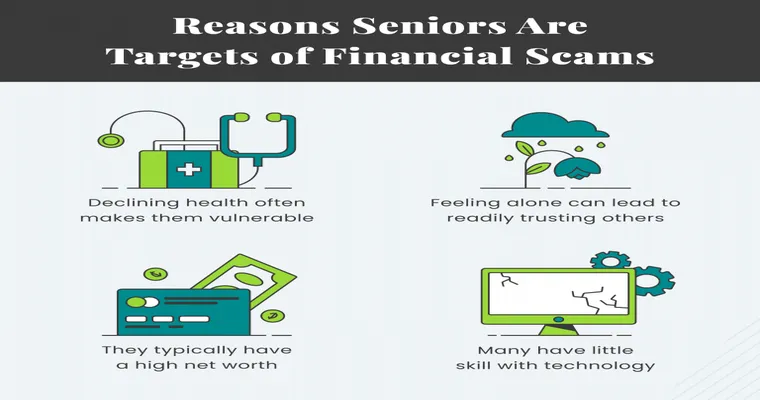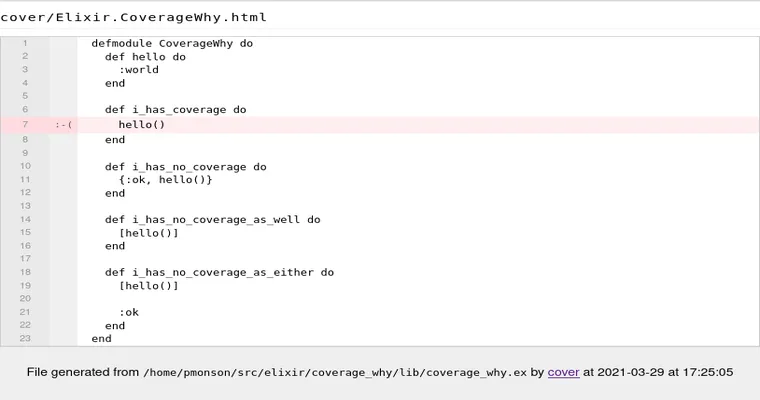As our loved ones age, it becomes increasingly vital to ensure their safety and security, especially against fraudulent schemes. "Preventing elder scams" requires a proactive approach that involves education, communication, and vigilance. Elderly individuals are often targeted due to their perceived vulnerability, making it essential for family members and caregivers to be aware of the tactics used by scammers. In this article, we will outline effective strategies to help safeguard elders from falling victim to these harmful scams.
Educate About Common Scams
The first step in "preventing elder scams" is education. Familiarize your loved ones with the most common types of frauds targeting seniors, such as telemarketing scams, lottery scams, and phishing emails. Provide them with clear examples of these scams and explain how they typically work. Encourage them to be skeptical of unsolicited calls, messages, or emails that request personal information or money.
Encourage Open Communication
Maintaining an open line of communication is essential in combating "elder fraud". Encourage your loved ones to share any suspicious interactions they experience. Assure them that they will not be judged for being targeted by a scam and that it is always better to ask for advice before taking action. Regular conversations about their financial matters can help you spot potential issues before they escalate.
Monitor Financial Transactions
Keeping an eye on your elder’s financial transactions can significantly reduce the risk of scams. If possible, offer to help them set up online banking, allowing you to monitor their accounts for unusual activity. Encourage them to review bank statements regularly and to report any unfamiliar transactions immediately. Additionally, consider setting up alerts for large withdrawals or transfers, which can provide an extra layer of security.
Set Up Stronger Passwords
Cybersecurity is another critical aspect of "preventing elder scams". Help your loved ones create strong, unique passwords for their online accounts and encourage them to change these passwords regularly. Teach them about the importance of using two-factor authentication whenever possible, as this adds an additional layer of protection against unauthorized access.
Be Cautious with Personal Information
Remind your elder to be cautious about sharing personal information, such as their Social Security number, bank details, or addresses. Scammers often pose as legitimate organizations to extract this information. Advise them to only provide personal details to trusted individuals and verified companies. It is also wise to shred documents containing sensitive information rather than simply tossing them in the trash.
Utilize Technology for Protection
Technology can be a valuable ally in "preventing elder scams". Help your loved ones install security software on their devices, such as antivirus programs and firewalls. Teach them how to recognize secure websites (look for HTTPS in the URL) and the importance of avoiding public Wi-Fi for sensitive transactions. There are also apps available that can help filter spam calls and messages, providing an extra layer of protection.
Seek Professional Assistance
If there is a concern that your elder is already a victim of a scam, it is crucial to seek professional help. Contact local authorities or organizations specializing in elder protection. They can provide guidance on what steps to take next, including reporting the scam and possibly recovering lost funds.
Build a Support Network
Encouraging your elder to be part of a community can also help in "preventing elder scams". Whether through local senior centers or online forums, being connected with others can provide valuable support and information. These networks often share experiences and warnings about potential scams, helping to keep everyone informed and vigilant.
Conclusion
In conclusion, preventing elder scams requires a combination of education, communication, and proactive measures. By staying informed about the tactics used by scammers and fostering a supportive environment, you can help protect your loved ones from falling victim to fraud. Remember, vigilance is key, and together we can create a safer world for our elders.





